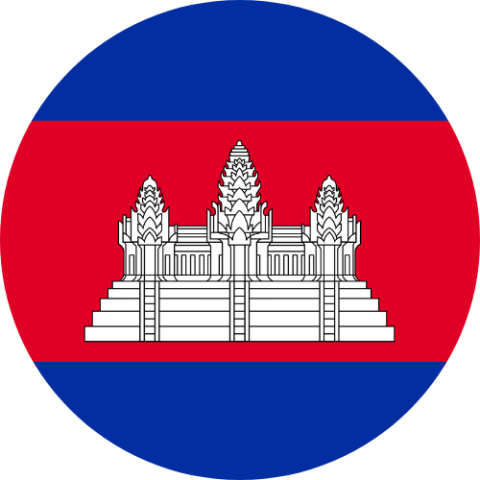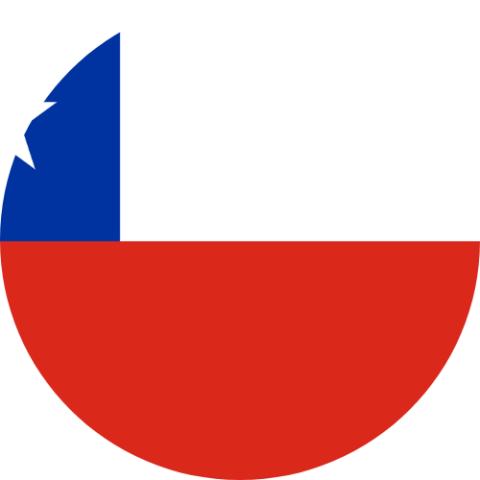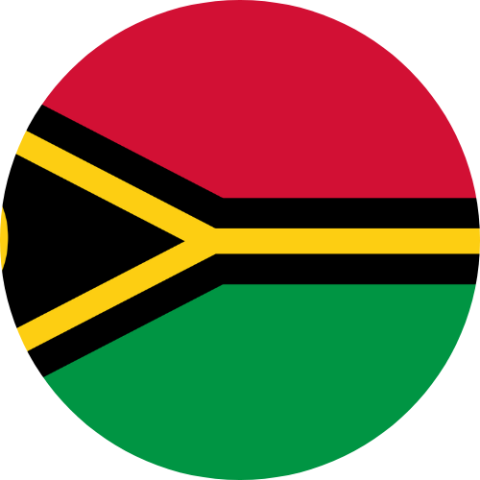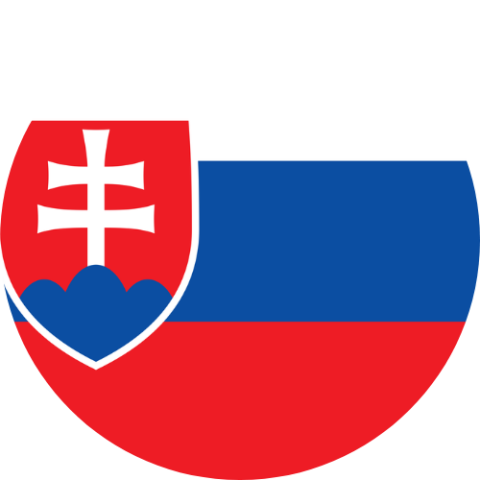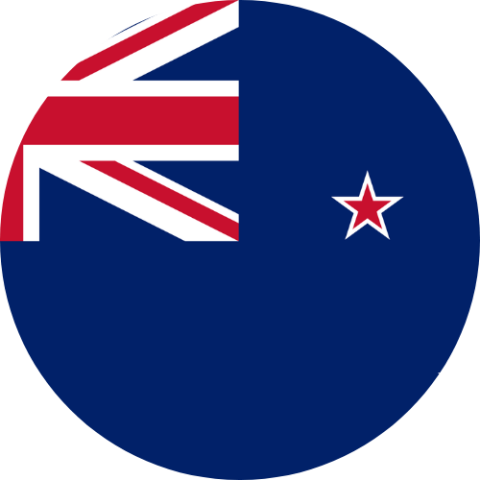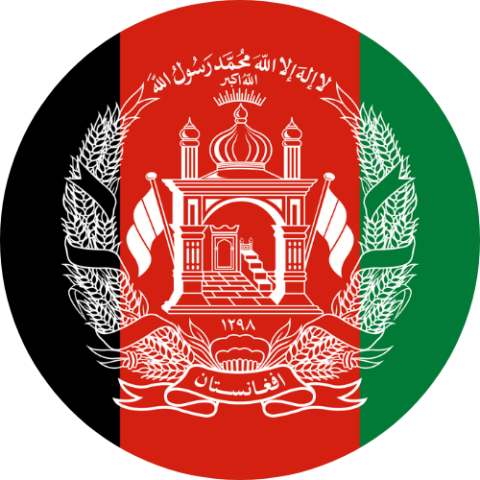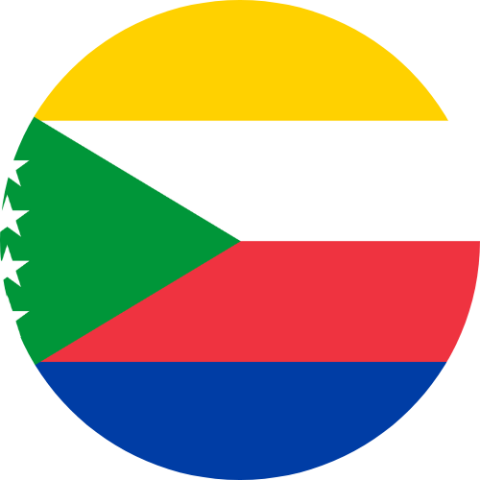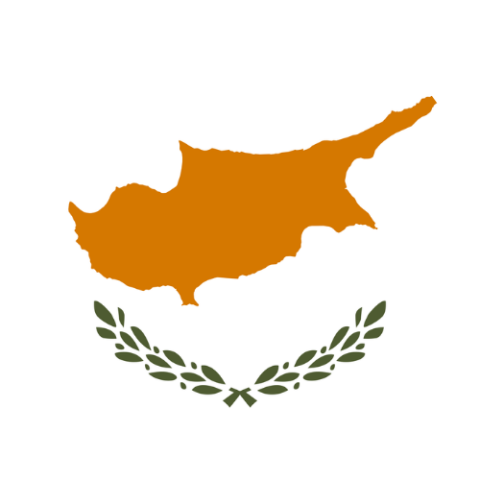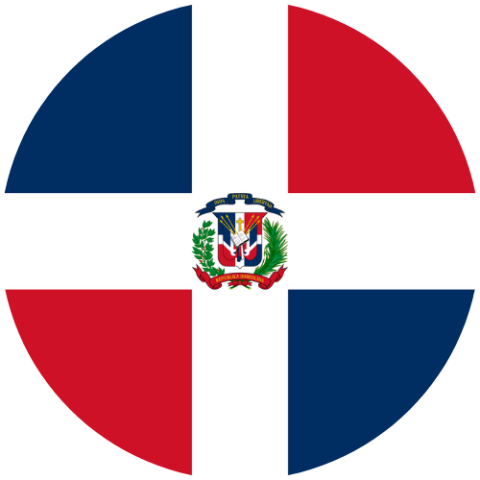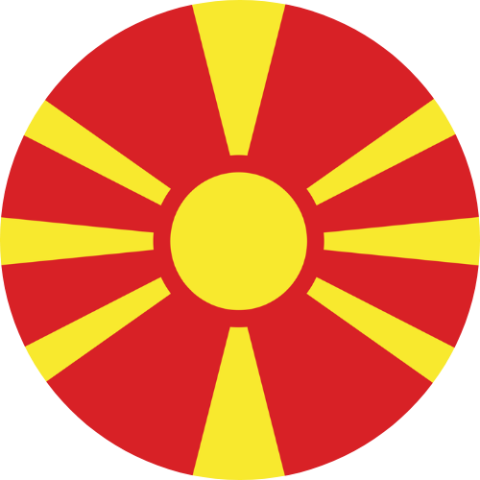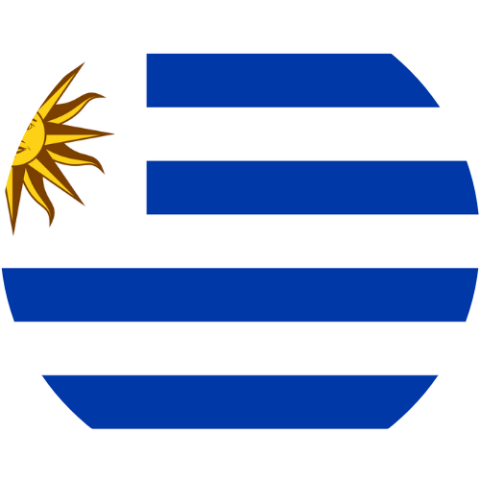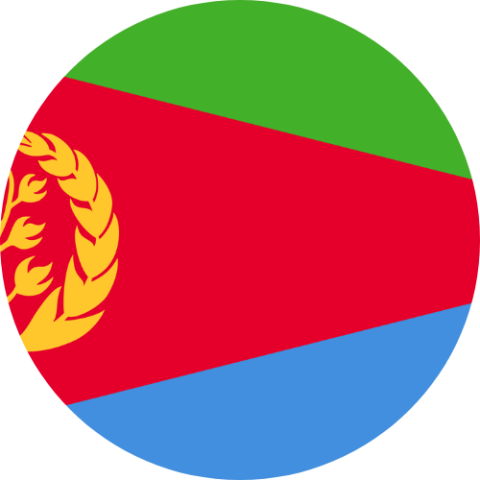46th UPR Working Group: Key Highlights
From the 29th of April to the 10th of May, the United Nations Human Rights Council hosted the 46th session of the Universal Periodic Review (UPR) Working Group.
The 14 States under Review (SuR) during this session were Afghanistan, Cambodia, Chile, Comoros, (the) Cyprus, Dominican Republic, Eritrea, Republic of North Macedonia, Viet Nam, New Zealand, Slovakia, Uruguay, Vanuatu and Yemen.
The session saw a total of 3,637 recommendations put forth by recommending States.The most frequently, the recommendations concerned the protection of women’s and children’s rights, abolition of torture, gender based violence, ratification of international instruments and civil liberties.
On average, States received 260 recommendations. Among the States with the highest number of recommendations were Chile (329), Viet Nam (320), and Eritrea (293).
See detailed information by country below.

Good practices
The UPR process promotes open and honest dialogue among peers to monitor and improve human rights conditions around the world. As the UPR also serves as a platform for the exchange of good practices among states, UPR Info has highlighted three initiatives from States under Review, among others, that could inspire other UN Member States.
New Zealand
In 2021, New Zealand established its Inter-Ministerial National Mechanism on human rights, aiming to enhance agency cooperation and streamline international human rights reporting processes. This mechanism includes a Governance Group of Deputy Chief Executives from relevant agencies, a web-based monitoring tool to track UN recommendations and implementation progress, and forthcoming guidelines for public sector agencies on reporting and implementation under international human rights frameworks.
Chile
Chile ensured inclusivity in its national report preparation by engaging various stakeholders nationwide. Over 700 invitations were sent to civil society organizations across the country. The consultation included detailed briefings on the UPR process and Chile's progress, allowing participants to provide feedback on achievements, challenges, and priority commitments. Accessibility was ensured through inquiries about reasonable adjustments and the provision of a Chilean Sign Language interpreter for virtual sessions. The outcomes of the consultations were published as an Annex to the report.
Comoros
Following the third-cycle review, accepted recommendations for the Union of the Comoros were effectively disseminated to relevant ministries and all 54 communes nationwide. Each ministry was tasked with providing information pertinent to the recommendations falling under its jurisdiction. To ensure follow-up on third-cycle recommendations, an annual monitoring plan was devised. Recommendations were categorized by ministerial departments within relevant sectors, facilitating systematic tracking of implementation progress.
